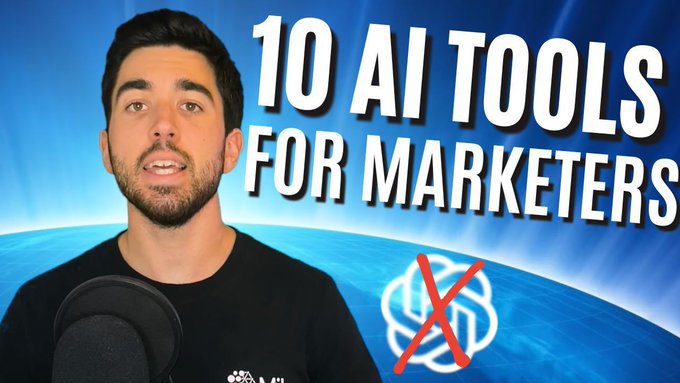AI-Powered Personalization in Marketing
The advent of Artificial Intelligence (AI) has significantly transformed various industries, and marketing is no exception. AI-powered personalization is reshaping how businesses engage with their customers, offering tailored experiences that were once unimaginable. Leveraging generative AI to create unique content based on real-time customer and product data enables highly personalized customer experiences. This advancement is particularly evident in e-commerce and marketing technology (MarTech) sectors, where generative AI personalization is driving deeper customer engagement and campaign efficiency.
According to recent studies, the use of AI in marketing is forecasted to grow and become a $107.5 billion market by 2027. This growth is driven by the increasing demand for personalized customer experiences and the continuous advancements in AI technologies such as Generative AI, Predictive Analytics, Natural Language Processing (NLP), and Computer Vision. Generative AI’s ability to create new content based on real-time data represents a significant advancement in personalization technology.

Transforming Digital Marketing Strategies
AI-powered marketing technology (MarTech) solutions are revolutionizing digital marketing strategies by leveraging data-driven insights for targeted and personalized marketing campaigns. These solutions provide hyper-targeted and personalized experiences to consumers, optimize marketing strategies at each stage of the funnel, and adapt to local trends and cultural nuances for global reach. The integration of AI in marketing allows businesses to make data-driven decisions, automate processes, and personalize interactions at scale.
One notable example is the innovative partnership between MarTech companies and Meta to tailor strategies for brands. This collaboration highlights the continuous advancements in AI and machine learning technologies, suggesting ongoing innovation in the field. The use of AI in marketing has the potential to significantly disrupt traditional marketing approaches, leading to more customer-centric and data-driven practices.

AI Tools Revolutionizing Content Creation
With the rapid rise of AI technology, advertising and marketing agencies, as well as brands, are at a new dawn of opportunities revolutionizing content creation. AI-powered content creation tools are enabling dynamic video editing, human-quality voiceovers, automated lip-synching and dubbing, storyboard creation, and auto-subtitling. These advancements are transforming how content is produced and consumed, making it more engaging and personalized.
For instance, platforms like Bobble AI are utilizing Generative AI (GenAI) to create real-time content, enabling hyper-personalization and improved marketing campaign performance. According to Ankit Prasad, founder of Bobble AI, GenAI tools are helping marketers customize creatives for their customers, resulting in almost 3X improvement in the performance of marketing campaigns.
Ethical Considerations and Consumer Sentiment
While businesses are enthusiastic about AI-powered personalization, consumer confidence is still developing due to privacy concerns. Building trust and transparency is crucial for wider adoption. Ethical considerations such as data privacy, potential for bias in AI models, and the need for transparency in AI-driven interactions must be addressed to ensure consumer trust.
According to a Cognizant study, 61.4% of businesses are already using AI in marketing operations, and 92% of companies using AI-driven personalization are driving growth. However, only 41% of consumers are comfortable with companies using AI to personalize experiences. This disconnect highlights the need for businesses to address privacy concerns and ensure transparency in their AI-driven personalization efforts.
Future Trends and Market Growth
The market trends sentiment is positive, with increasing adoption of AI in various industries, including marketing. Consumers are increasingly expecting personalized experiences, and AI-powered marketing solutions can help meet these expectations. However, concerns around data privacy and algorithmic bias may also influence consumer sentiment.
According to a report by IDC, Generative AI is expected to assume 30% of traditional marketing’s mundane tasks by 2027. This shift will impact the roles and skills required in the marketing industry, leading to more efficient and data-driven marketing practices.

Related Articles
- AI and Social Media: A New Era for Digital Marketing Strategies
- How to Implement AI in B2B Marketing
- Top AI Tools for Email Marketing
- Top 5 AI Copywriting Tools
- Mind-Blowing AI Tools You Need to Know
Looking for Travel Inspiration?
Explore Textify’s AI membership
Need a Chart? Explore the world’s largest Charts database
